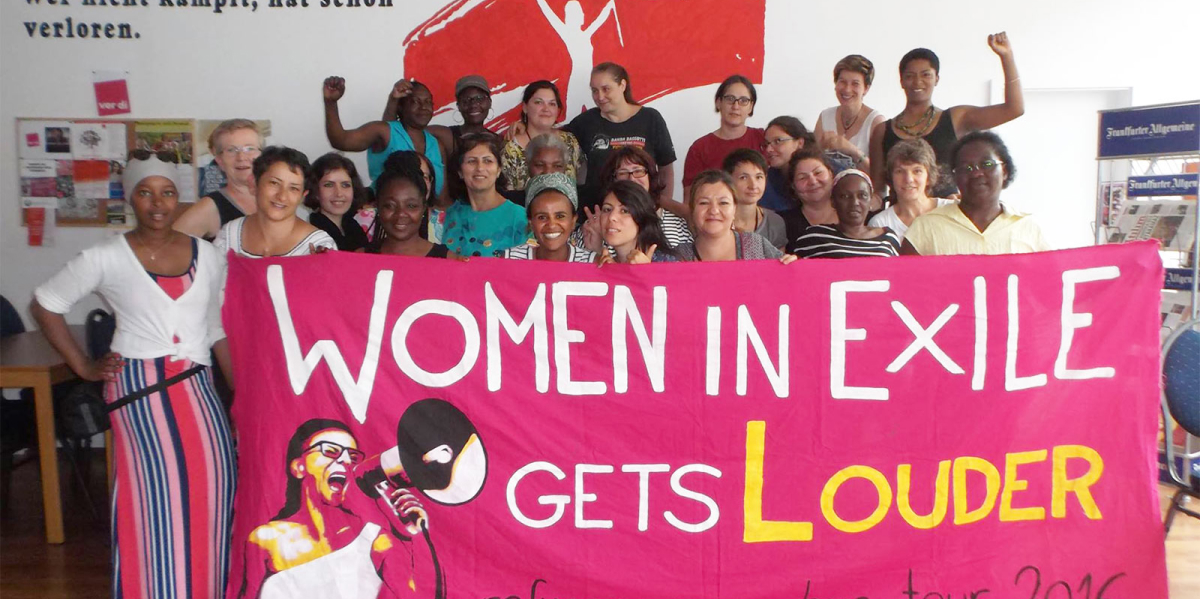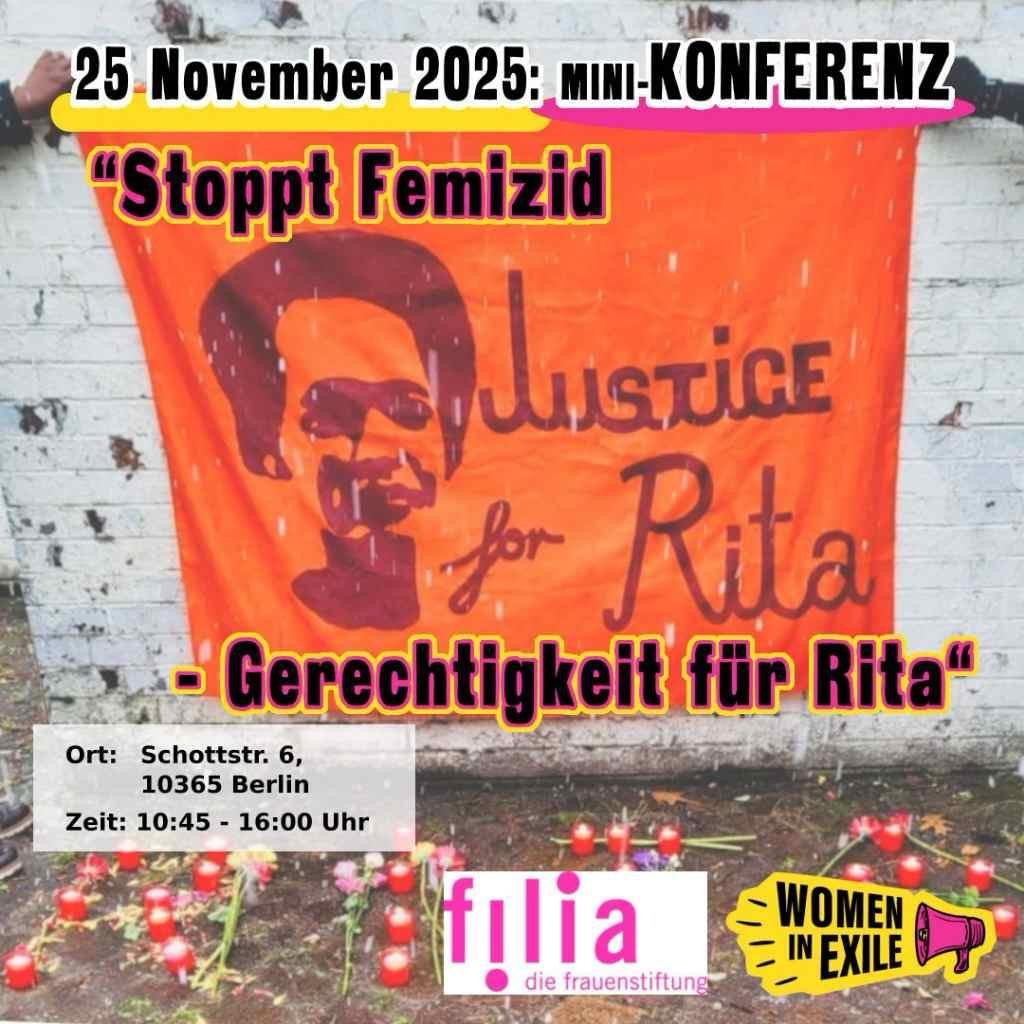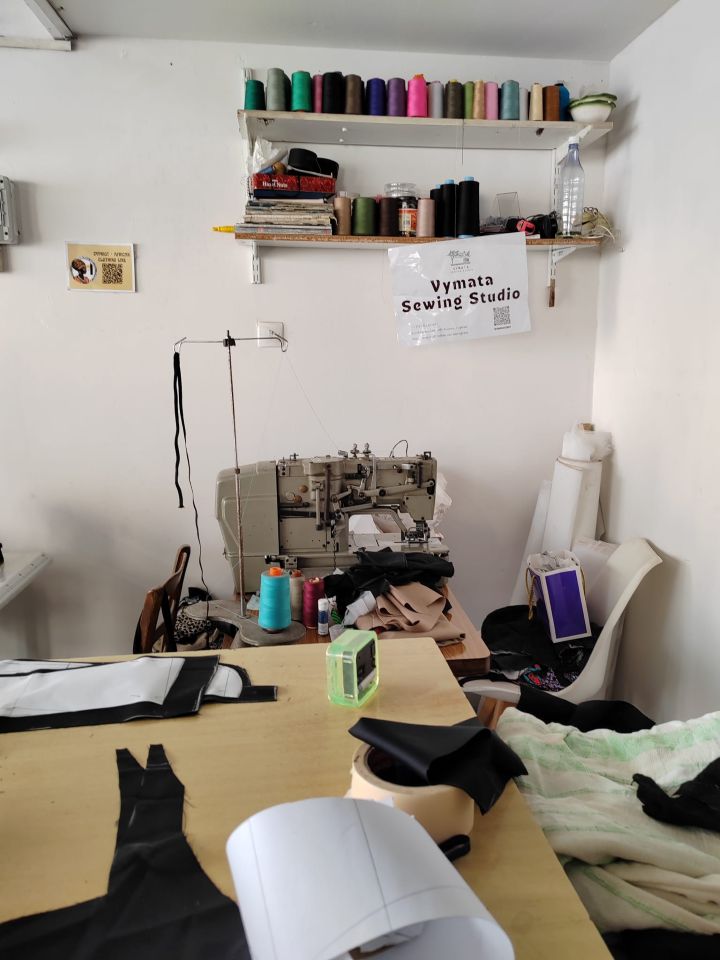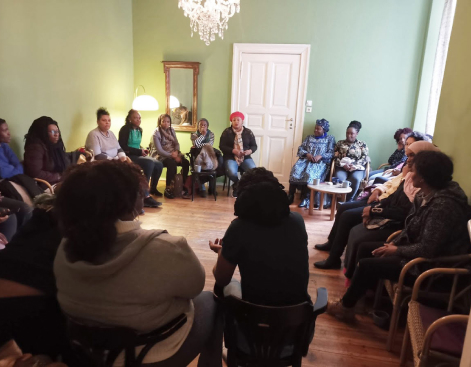Women in Exile attended the Tribunal Permanent Dels Pobles which took place in Barcelona from 29-30.06,18 and presented the case of the one Euro (1€) job offered to refugee. The idea was taken from our nr. 10 newsletter article, on the topic.
The 1€ job is very common in the German refugee camps (“Lagers”) and is sued to justify that refugees are not idle. The job is only available for 80 hours a month and one can only earn 80€ per month.
Permanent Peoples Tribunal competence, “as declared in its Statute, extends to serious and systematic violations of the rights of peoples, whether committed by States, by authorities other than States, or by private groups or organizations. The Tribunal is competent to give judgements on any international crime, specifically on crimes against peace and humanity, genocide, any infringement of the fundamental rights of peoples and minorities, grave and systematic violations of the rights and freedoms of individuals.”
In Europe, migrant and refugees have lived through the various stages of the building of Fortress Europe. They have seen Europe’s policy of exclusion being constructed year after year – a policy that has resulted in a sweeping rollback of people’s human rights; the encampments, forcible detention and deportation; and criminalisation at the militarised southern and eastern borders of Europe. Inspired by solidarity between migrants, refugees and other social movements towards equality and inclusive society, since 2017 a large number of migrants organizations and civil society networks active in the defence of human rights in Europe, called on the Permanent Peoples Tribunal (PPT), with the aim to give clear visibility to the migrant and refugee peoples from all backgrounds as subjects of fundamental human rights; to identify and judge the chain of co-responsibility in the violation of those rights experienced throughout the whole migratory journey and to urgently identify and promote appropriate mechanisms for access to justice.
The PPT responded and opened the Permanent Peoples Tribunal Session on the Violations of the Human Rights of Migrant and Refugee Peoples in July 2017 in Barcelona. Since then, Hearings have been held in Palermo (December 2017) and Paris (January 2018). The Tribunal returned again to Barcelona for a new Hearing on “Sites without rights”, focusing on: Southern Border, Gender and Diversity, Minors and Youth.
The EU countries are consciously making policies of killing migrants based on the border closures and the harsh conditions accorded to those who manage to break these borders. If this is not genocide, then let us invent a new name.
Our case was based on the violation of the international human rights in German of isolating refugee in lagers and treating them as commodities of economical profits and gains.
The 1 € jobs we mentioned are usually cleaning jobs in the camps for the common facilities such as toilets, kitchens and corridors. These jobs are done by refugees who do not have permission to work. Those doing the cleaning and the residents who “only” live there are in long term conflicts which ends up in verbal and physical violence because those cleaning feel that those using them misuse them deliberately, while those who do not have the jobs feel that those who have them are favoured.
Our presentation started with a short introduction of Women in Exile and then presented the case with the following points:
- How much, where and what work is involved in the 1€ (or even 85cts)
- When the jobs are offered.
- Cleaning job facilities inside lagers run by private companies
- What is purportedly meant as advantage of the jobs.
- How this leads to the exploitation and slavery of the refugees, emphasizing on the lager industry as one of the most lucrative business in the EU countries
- How the criteria of allocating these jobs is a source of conflict between refugees
- How the state is using statistics to justify these jobs by forcing refugees to sign contracts
- What refugee women see as measures to integration if the state means to integrate them into the society.
- What would be helpful to women with children as a starting point to encourage to take part in different activities.
- How these jobs encourages prostitution and sexual harassment inside the lagers.
We presented as collective a testimony, on behalf of all cases that occur regularly in the lager. The testimony was given by a refugee woman who was being forced to accept one of these jobs so that she could stop attending German classes which she had got from her own initiative and it is published as an interview on our Newsletter nr. 10





